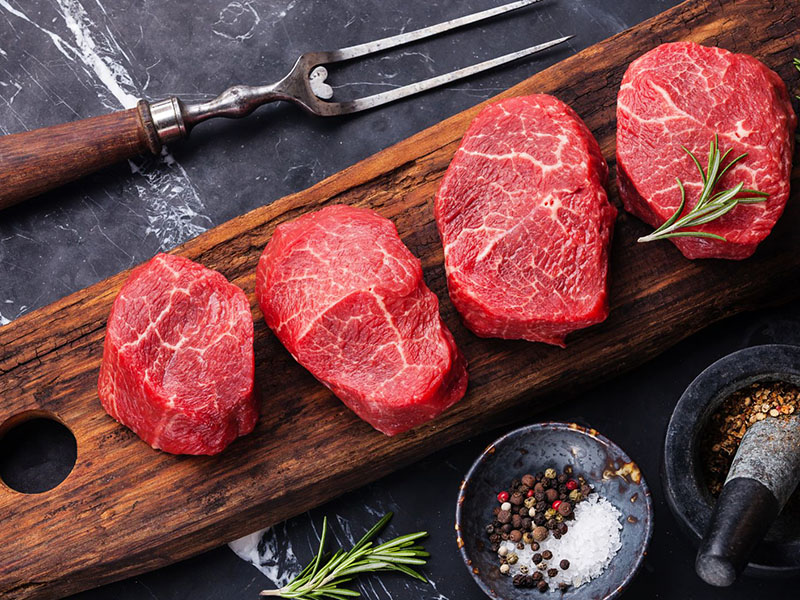According to the latest State of the Global Islamic Economy Report produced by Dinar Standard, Muslims worldwide spent a total of USD2.2 trillion in 2018 across food, pharmaceutical and lifestyle sectors. This reflects a healthy 5.2% year-on-year growth and is estimated to reach a whopping USD 3.2 trillion by 2024. Various countries and organizations have initiated strategies and programs in order to gain a share of this lucrative market and bolster their exports.
Boosting the growth of the halal industry is the increasing number and affluence of the Muslim population, preference to adhere to ethical values, surge on interest from multinational businesses and investors, and countries taking active steps to establish their respective halal ecosystems.

The UAE placed second over-all in the Global Islamic Economy Indicator Ranking and landed the top spot for halal food, Muslim-friendly travel, modest fashion, as well as media and recreation. The country has taken a dynamic role to propel the halal industry worldwide and positioned itself as a central hub in the trade of halal products. It has put in place set of regulations to ensure that products identified as halal are truly halal.
Halal certificate is a document that ratifies that the products, services or production systems conform to the provisions of Islamic Sharia, including certificates of halal slaughtering, establishment certificates, slaughterhouses and facilities classified as halal, certificates of raw ingredients, additives to halal products, any components that include in its formation meat derivatives and essences, rennet, gelatin, animal fats and oils as well as its derivatives (based on Cabinet of Ministers Resolution No. (10/2014) UAE Regulations for Control on Halal Products)
All food products, that are being consumed in the UAE, containing meat and meat derivatives are required to have halal certification. All other products promoted, labelled and marketed as halal should undergo halal certification to support their claim.
In the UAE, only competent organizations that are accredited and recognized by the government can certify halal products.
Prime Certification and Inspection is officially registered as a halal certification body with the UAE federal entity, Emirates Authority for Standardization and Metrology (ESMA), and accredited by Emirates International Accreditation Center (EIAC).
Halal certificates issued by other organizations not registered with the UAE government will not be applicable in the country.
The following are the requirements to apply for halal certification:
Prime Group takes a 360-degree approach in providing its services and has been recognized by major certifying bodies as well as key government agencies. Throughout the company’s 30+ years of existence, it has built the largest network of full-fledged private testing laboratories in the UAE, has a robust team of technical experts, and offers a wide range of solutions in quality and compliance.
Address
Plot No. 531-519, Dubai Industrial City
P.O. Box 61670, Dubai, United Arab Emirates
Phone
+971 4 431 4485
Email
marketing@primegroup.ae
Copyright 2022 Prime Group. All Rights Reserved.